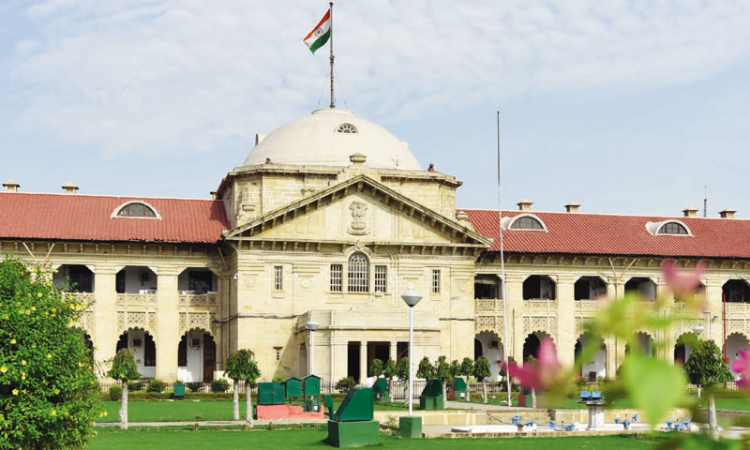HC Can Interfere In Appeal Against Acquittal If Trial Court's View Is Found To Be 'Perverse': Allahabad High Court
Sparsh Upadhyay
16 Feb 2022 3:03 PM IST

Next Story
16 Feb 2022 3:03 PM IST
The Allahabad High Court last week observed that the High Court should interfere with the judgment and order of acquittal passed by the Trial Cour if it arrives at a finding that the trial Court's decision was perverse or otherwise unsustainable.The Bench of Justice Vivek Kumar Birla and Justice Subhash Vidyarthi observed thus while dismissing an appeal filed against the 2017 order passed by...
